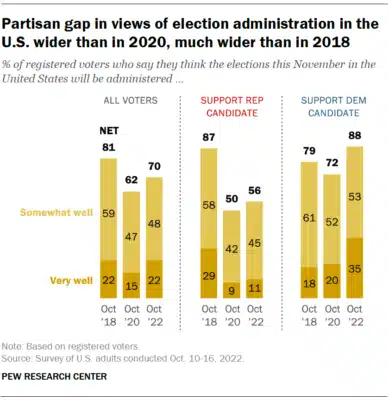By Gennifer Harding-Gosnell Eighty million Americans sat out the last presidential election in 2020. Of those who did vote, 85 million of them were registered to one of the two major political parties. But if non-voters were their own political party, they would nearly equal the numbers of Republicans and Democrats combined. Throughout the summer, […]
TCO provides trust news, information and a voice where the interests of residents may be expressed. Contributing to positive change in the community.
Contact Us
11459 Mayfield Rd.
Cleveland, Ohio 44106
216 236-8081
- About Us
- Contact Us
- Site Map
- info@cleobserver.com
- editors4TCO@cleobserver.com
- sales@cleobserver.com
Pick Up Locations
The Cleveland Observer (TCO) is a non-profit 501(c)(3) organization funded through membership dues, subscriptions and donations, which provides and promotes civic, cultural, social, educational and recreational development and improvement in urban neighborhoods in Cleveland, Ohio





